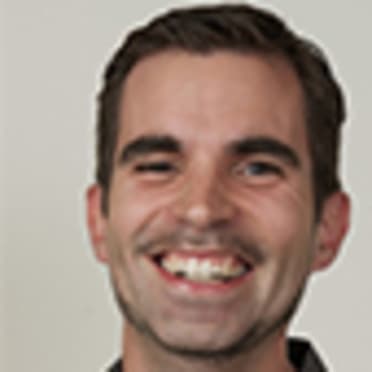Tigers' front office taking collaborative approach
This story was excerpted from Jason Beck’s Tigers Beat newsletter. To read the full newsletter, click here. And subscribe to get it regularly in your inbox.
Jeff Greenberg has largely been behind the scenes since becoming the Tigers’ general manager a few months ago. President of baseball operations Scott Harris remains the face and the voice of Detroit’s front office, with Greenberg in support.
But on Tuesday, the midpoint of baseball’s Winter Meetings, there was Greenberg, taking the “hot seat” in the Tigers’ suite at the Gaylord Opryland Resort and Convention Center in Nashville, Tenn., as reporters had a chance to ask him questions for the first time since his introductory press conference.
What has he been doing? A lot of the same things Harris has been doing, working together.
“We’re together virtually every day,” Greenberg said. “If not physically in the office, we’re probably talking 10, 15, 20 times a day. A.J. [Hinch] is in a lot of those conversations, too.”
In another era, that question was clearer. Until Harris’ hire, the general manager has always been the top baseball decision maker in the Tigers’ front office. Dave Dombrowski held the GM title in addition to team president and CEO, even as Al Avila took on increased responsibilities as his top lieutenant. Once Avila replaced Dombrowski in 2015, he became GM and executive vice president of baseball operations.
The Tigers finally followed baseball’s trend of hiring a president of baseball operations and a general manager separately when they hired Harris. They had to elevate the title in order to pry Harris from the Giants, where he had been GM under president of baseball ops Farhan Zaidi.
Harris made it clear upon his arrival in Detroit that he planned to hire a GM to work under him. About a year later, he hired Greenberg, who had worked with him for years in the Cubs’ front office, before Harris went to San Francisco and Greenberg went to the NHL’s Chicago Blackhawks.
So how does the relationship work? According to the two, it’s a collaborative effort.
“It’s been pretty organic,” Greenberg said. “We had the built-in advantage [that] we knew each other going back 10, 11 years now, so there was just a natural thing we had. There wasn’t really that feeling-out process that I would imagine you sometimes get in these situations. So I think as I get further into it, that will evolve.
“We talked going into this process, when I first came in, the idea of it being a true partnership. And I think so far, it’s very much played out that way.”
Both are involved in big-picture planning, and both are involved in day-to-day operations. Greenberg doesn’t have one particular area of focus, having done a little bit of everything during his time with the Cubs, from baseball operations to pro and amateur scouting to player development.
“I don’t really view myself as having one niche expertise,” Greenberg said. “Depending on the time of year, whether it’s offseason or in-season, it feels like there are always 100 things going on. We’ll figure out over time what exactly that breakdown looks like, but I feel like it’s more of that approach, rather than two or three things to focus on.”
One unique trait that the 38-year-old Greenberg does bring is a background in a different sport. His year-plus as an associate general manager with the Blackhawks allowed him to work under different parameters and see how approaches translated from sport to sport.
“I think jumping into hockey after spending 16 years in baseball, you kind of have to go through that learning process, learn the culture, identify what problems you’re trying to solve, how to build those things at a foundational organizational level,” Greenberg said. “It can sound a little cliché, but the systems and processes that support scouting to development to decision-making from the bottom up, those are really foundational things that any healthy organization needs to do well, any sport. Coming in with a totally fresh experience, not having worked in hockey before, you’re kind of forced to adapt some of that first-principles mentality.
“I think going through that process at a macro level was useful, and definitely something I’m trying to apply in this role here.”
